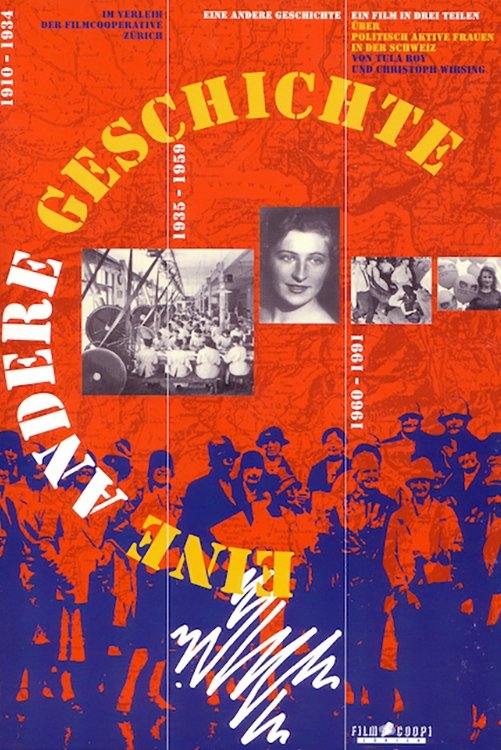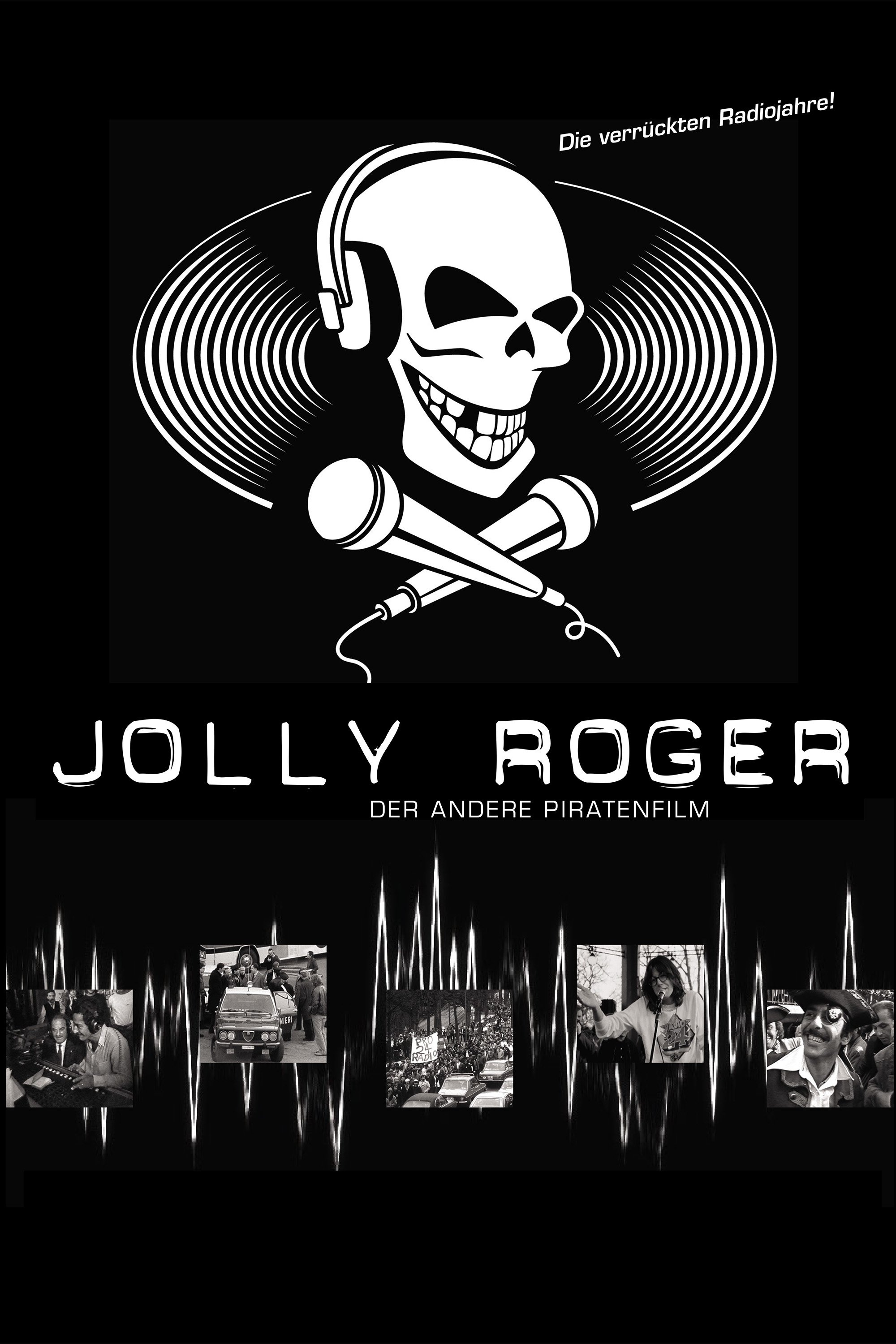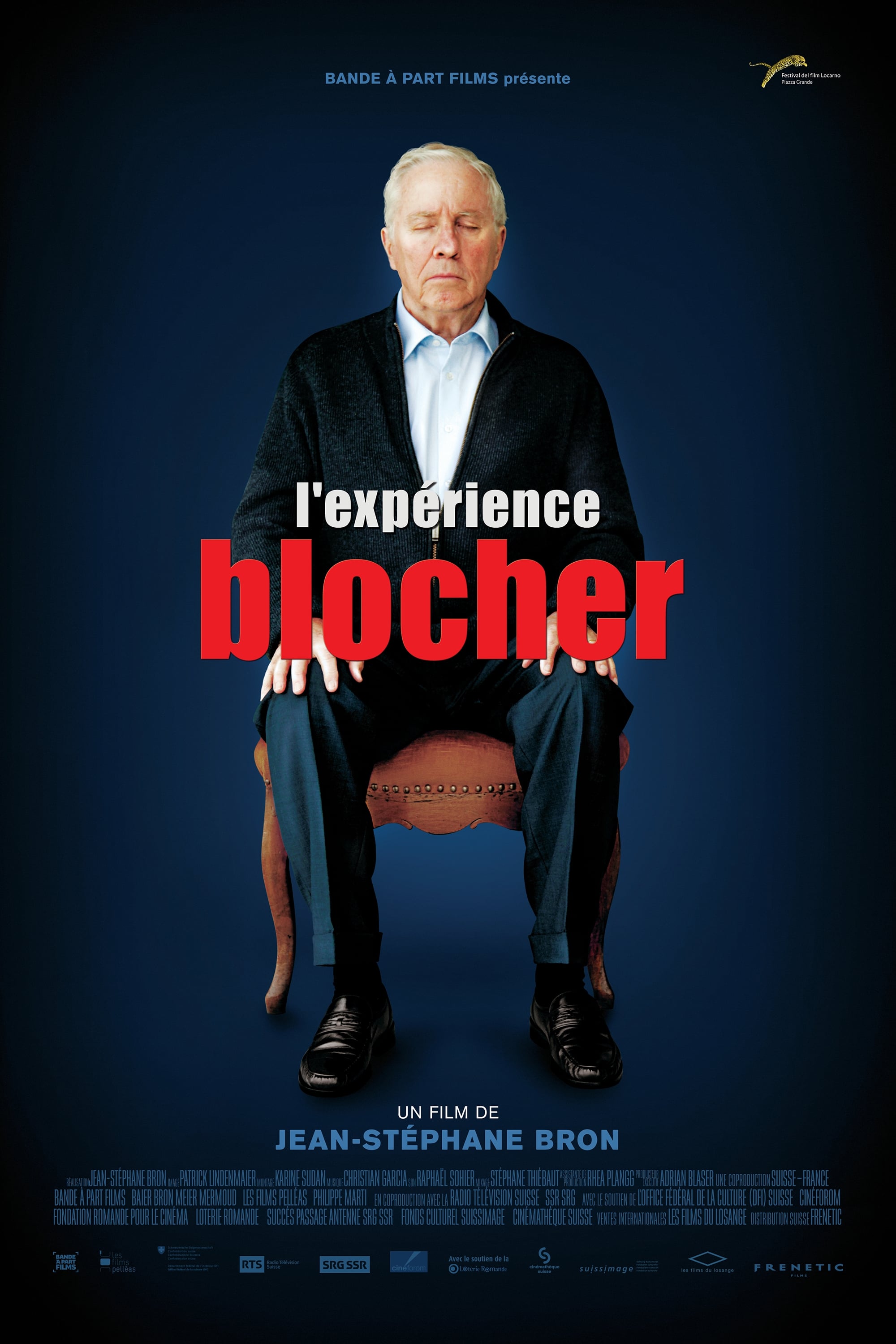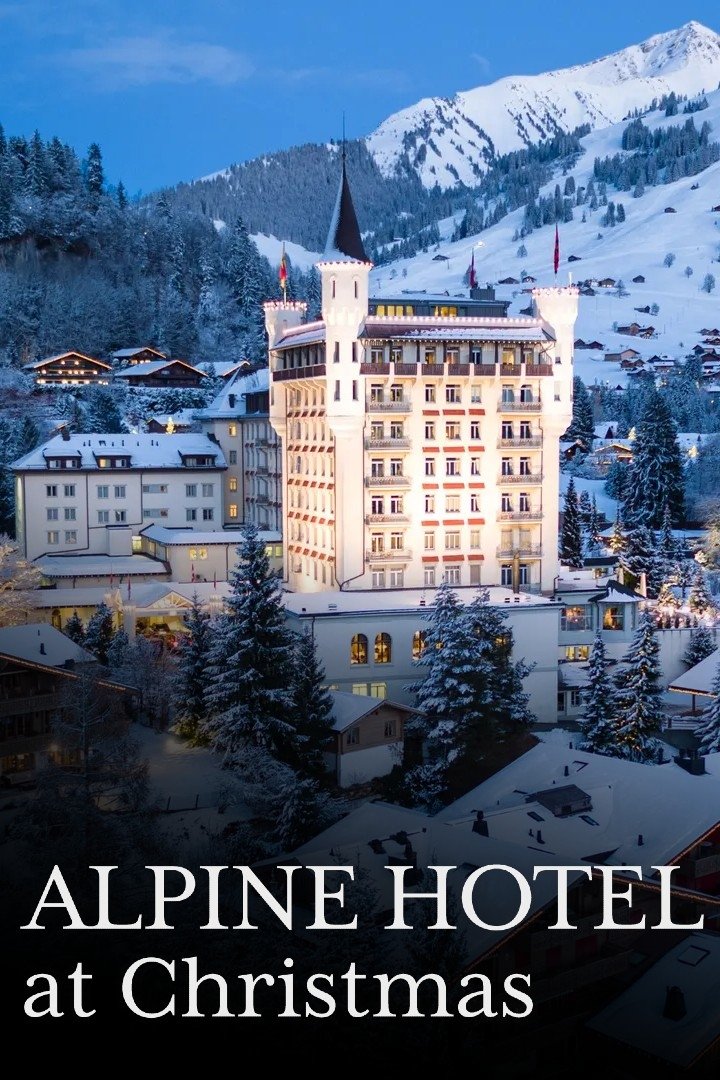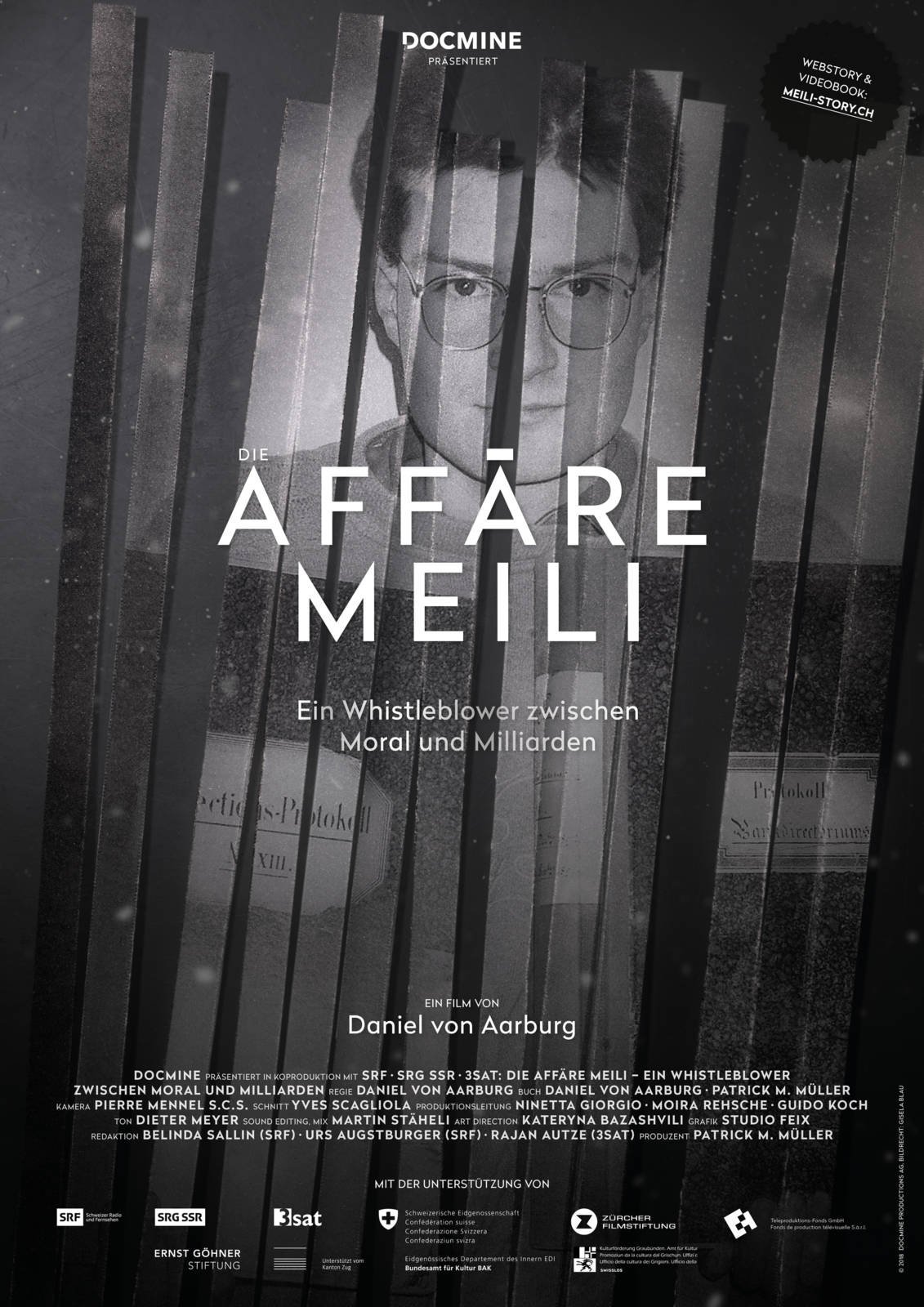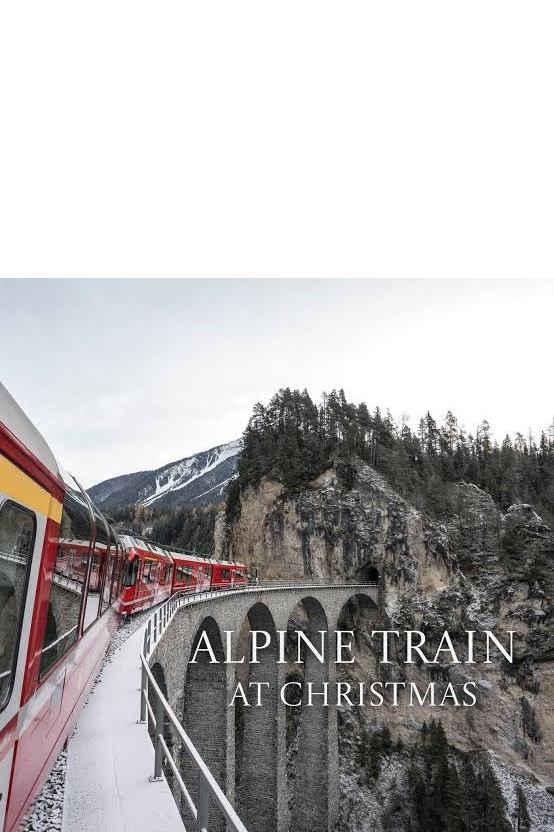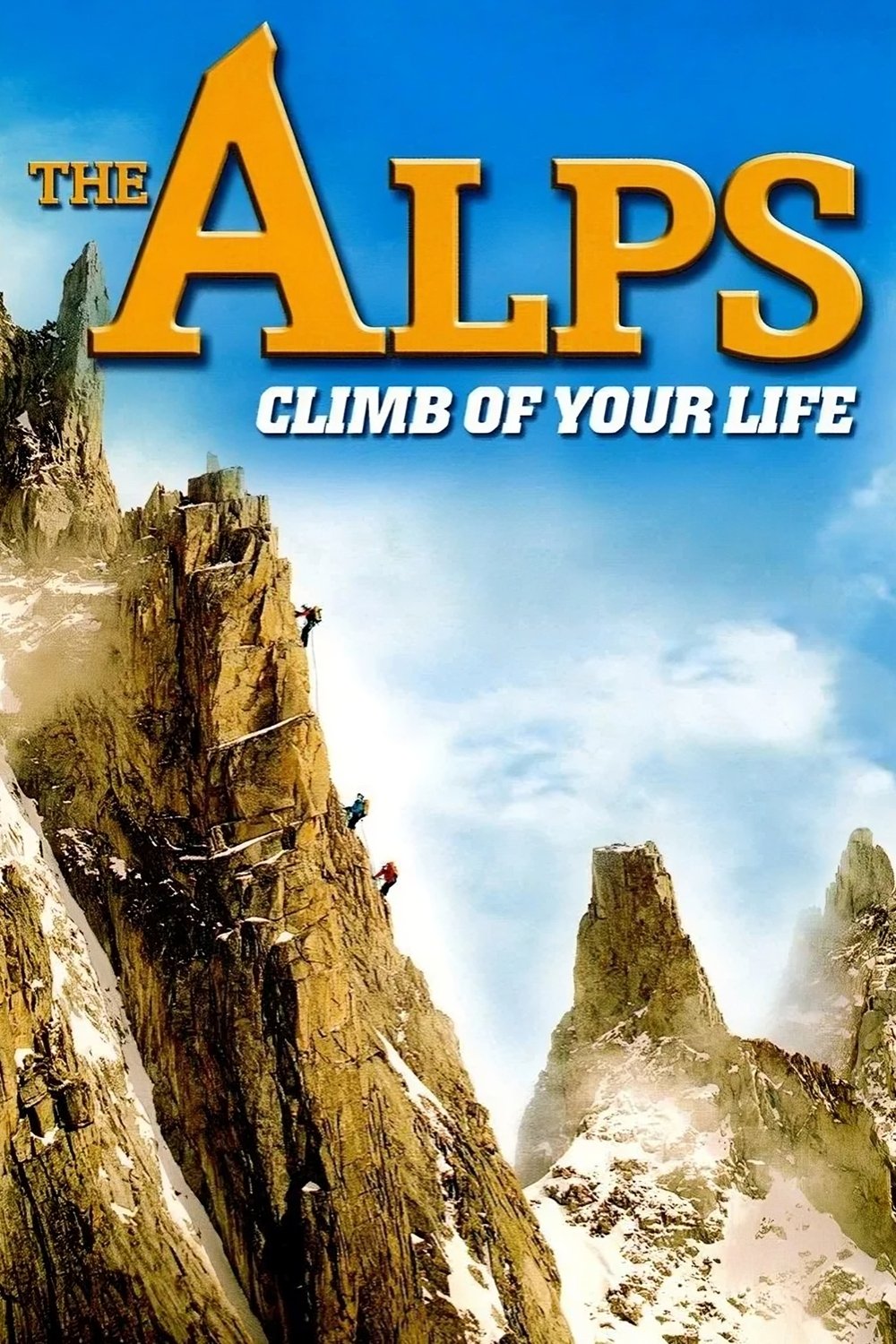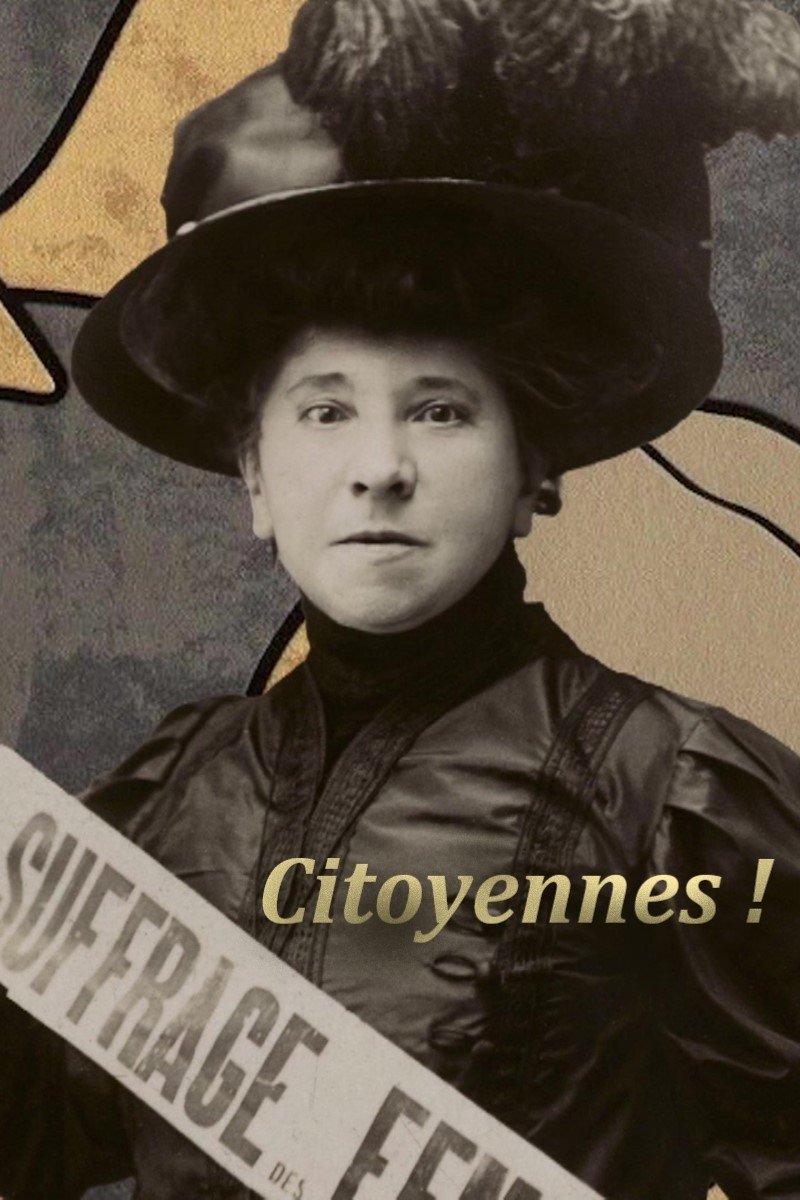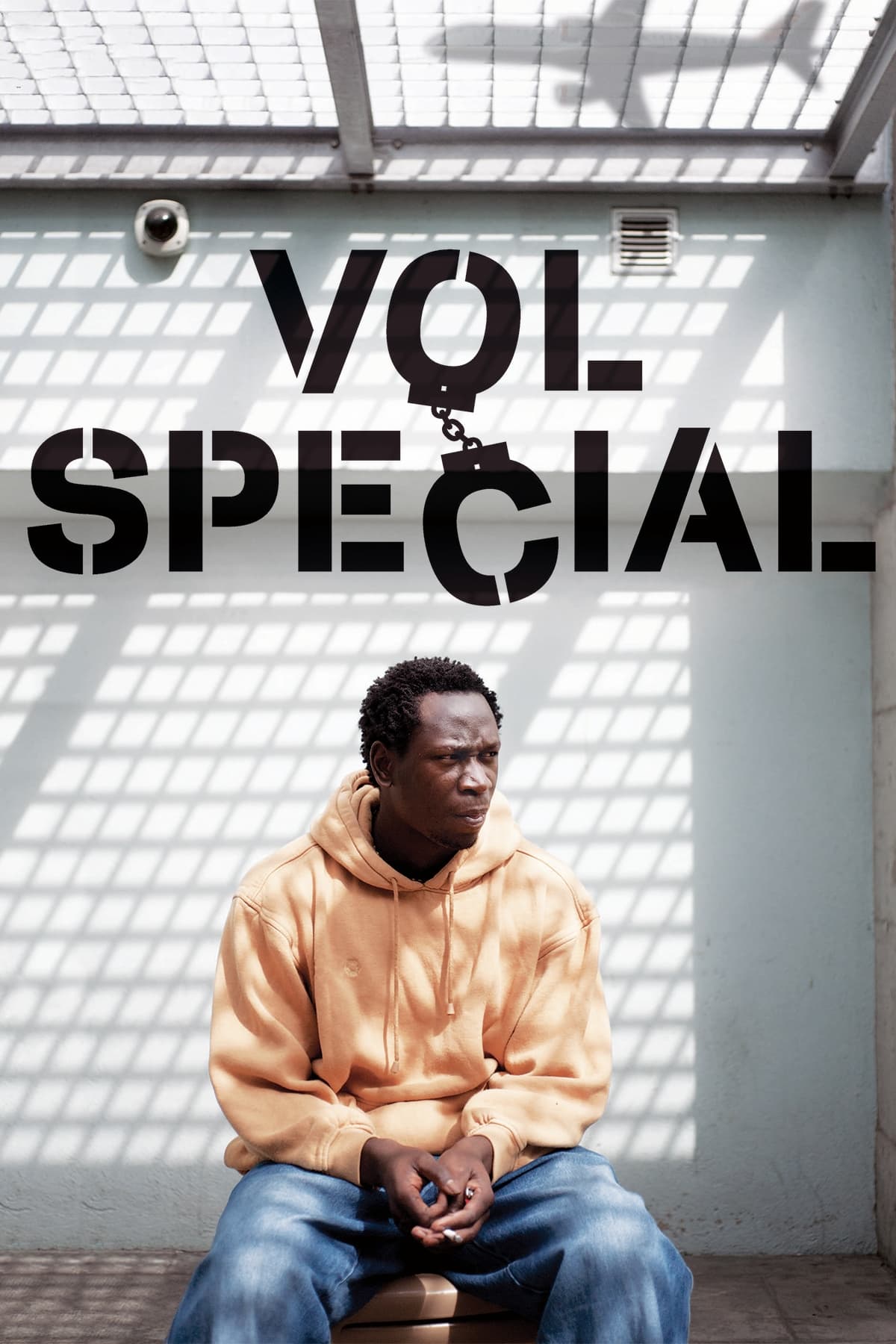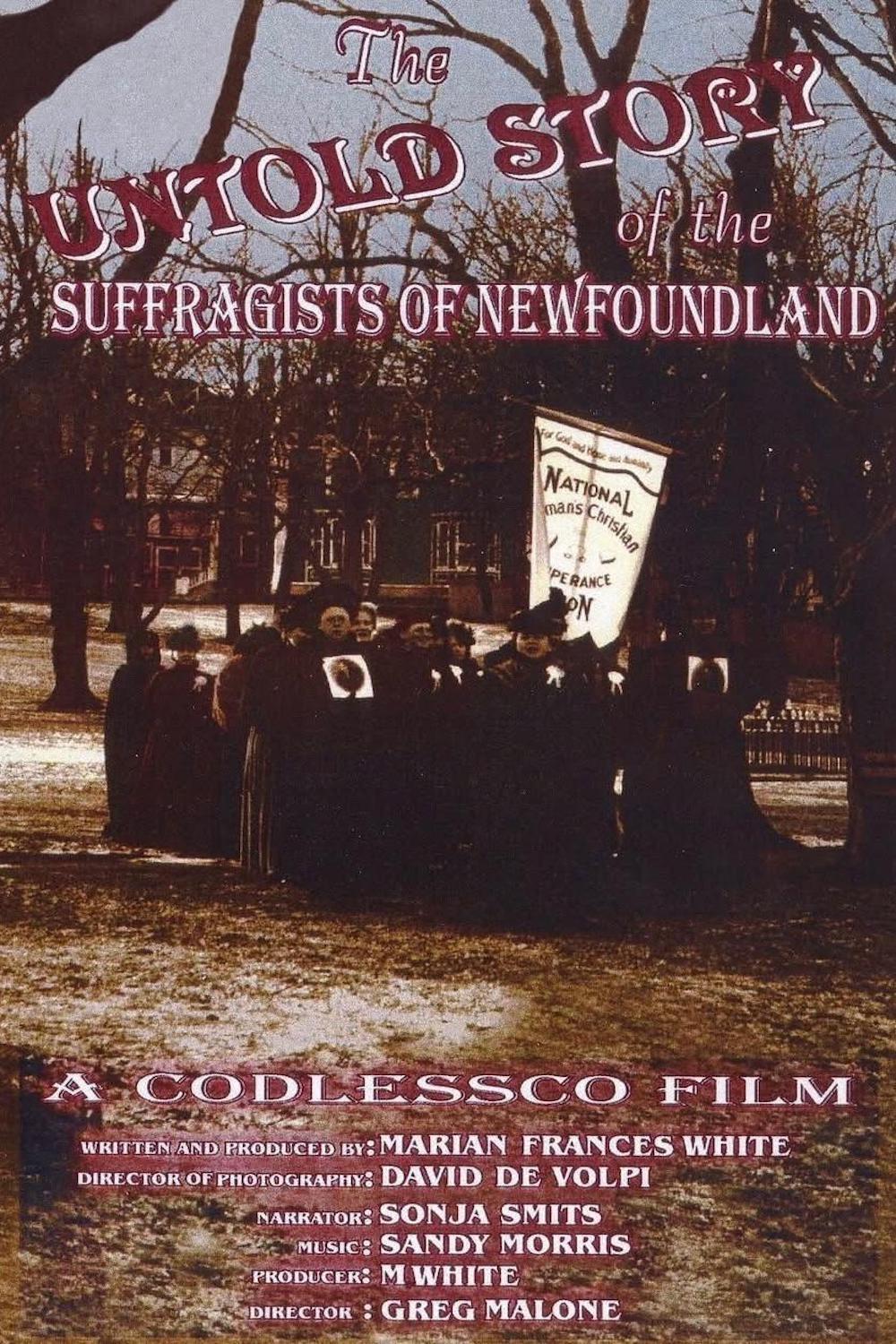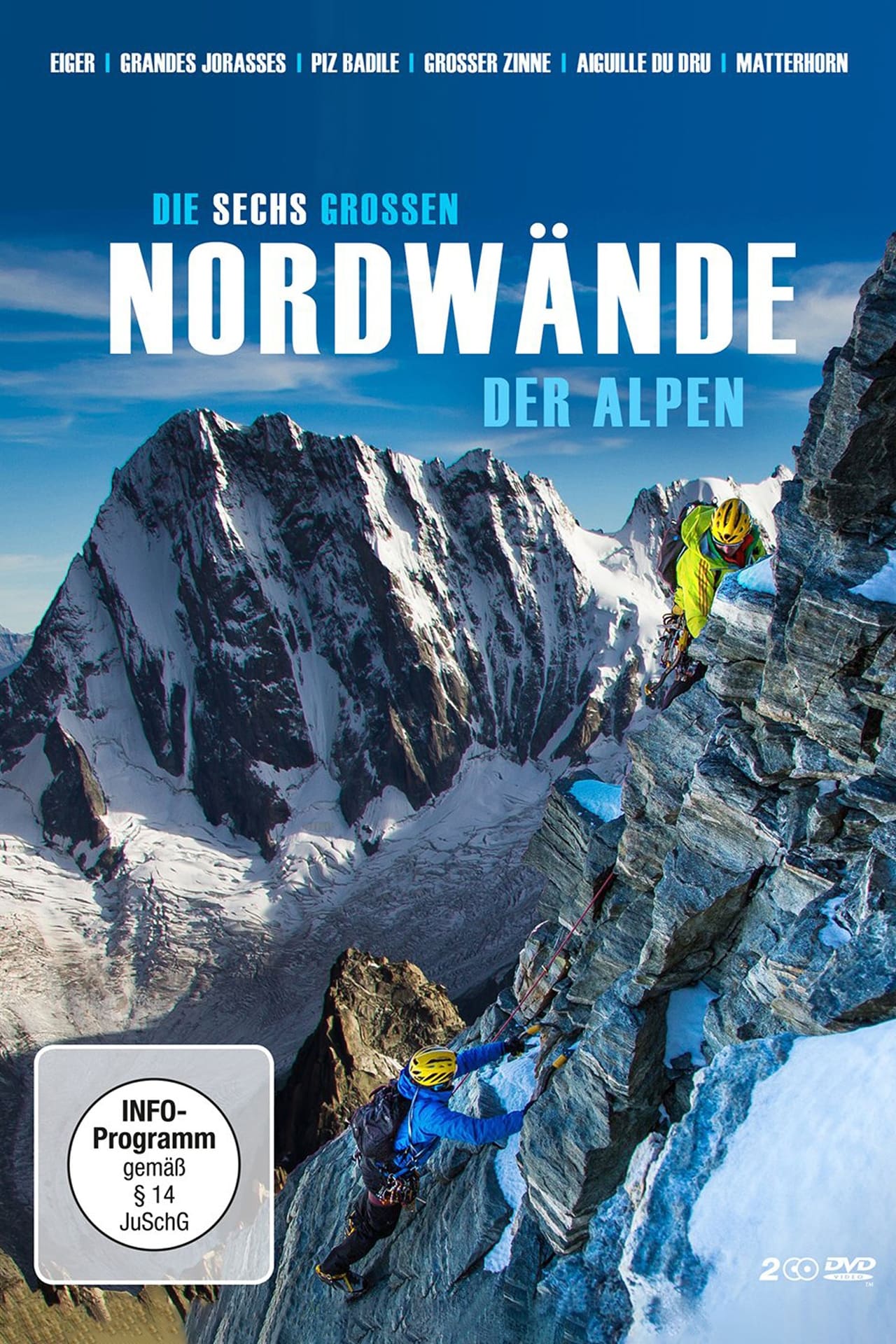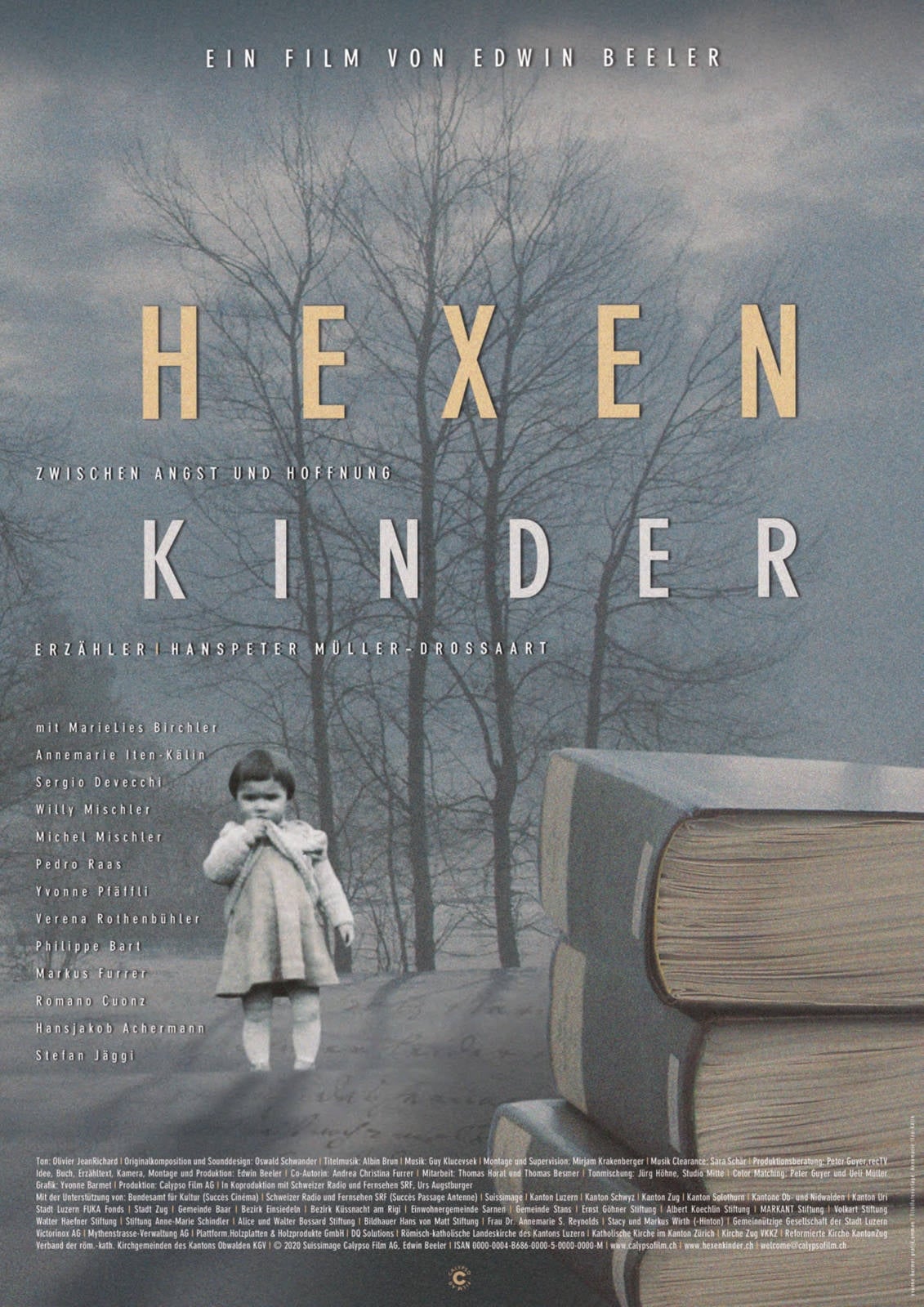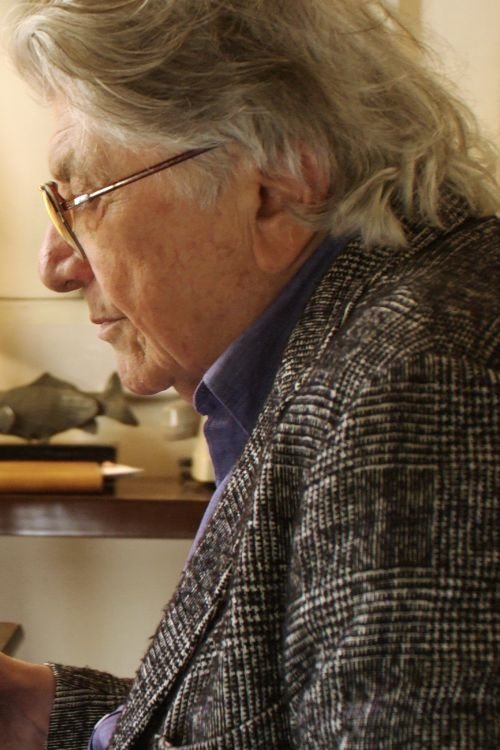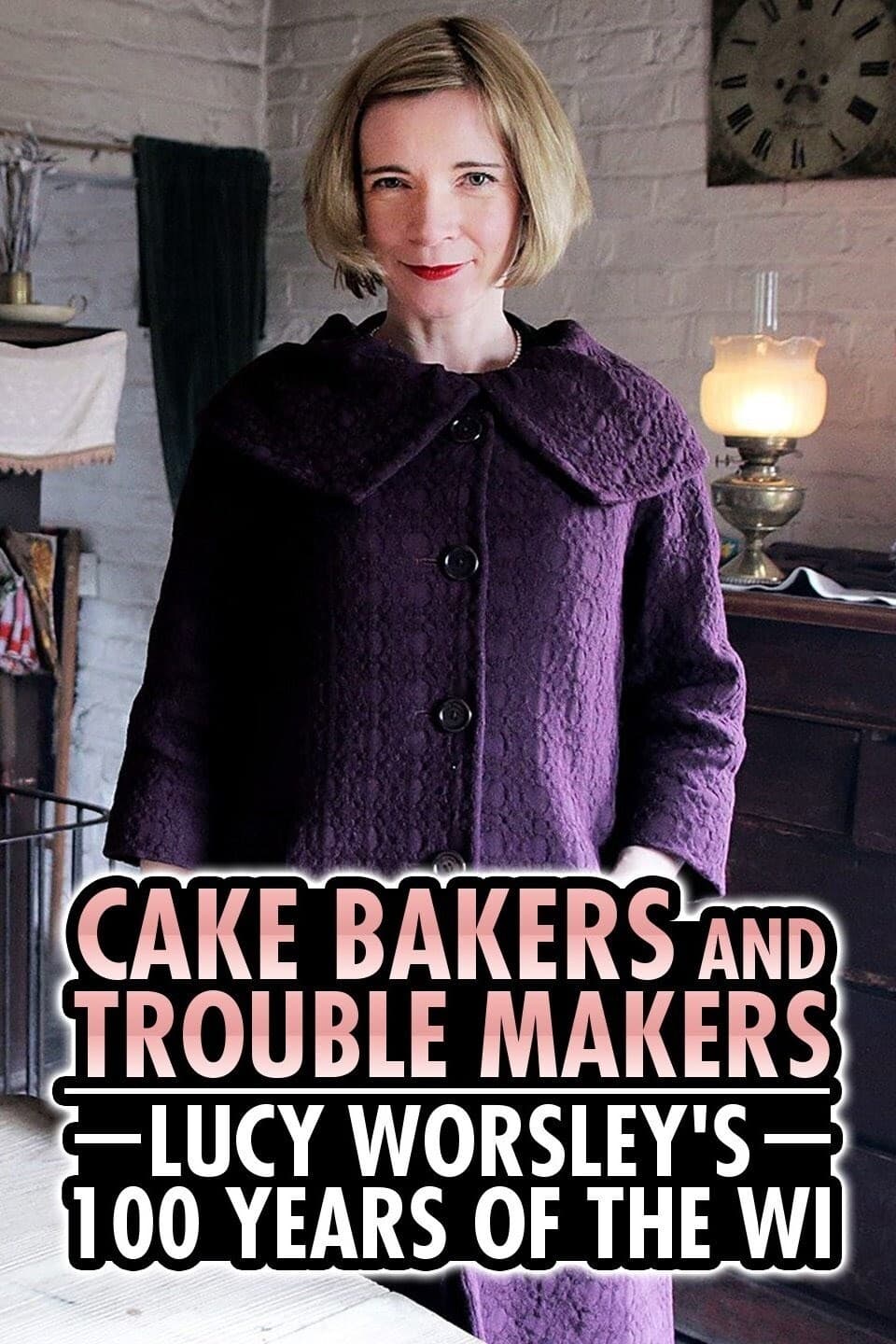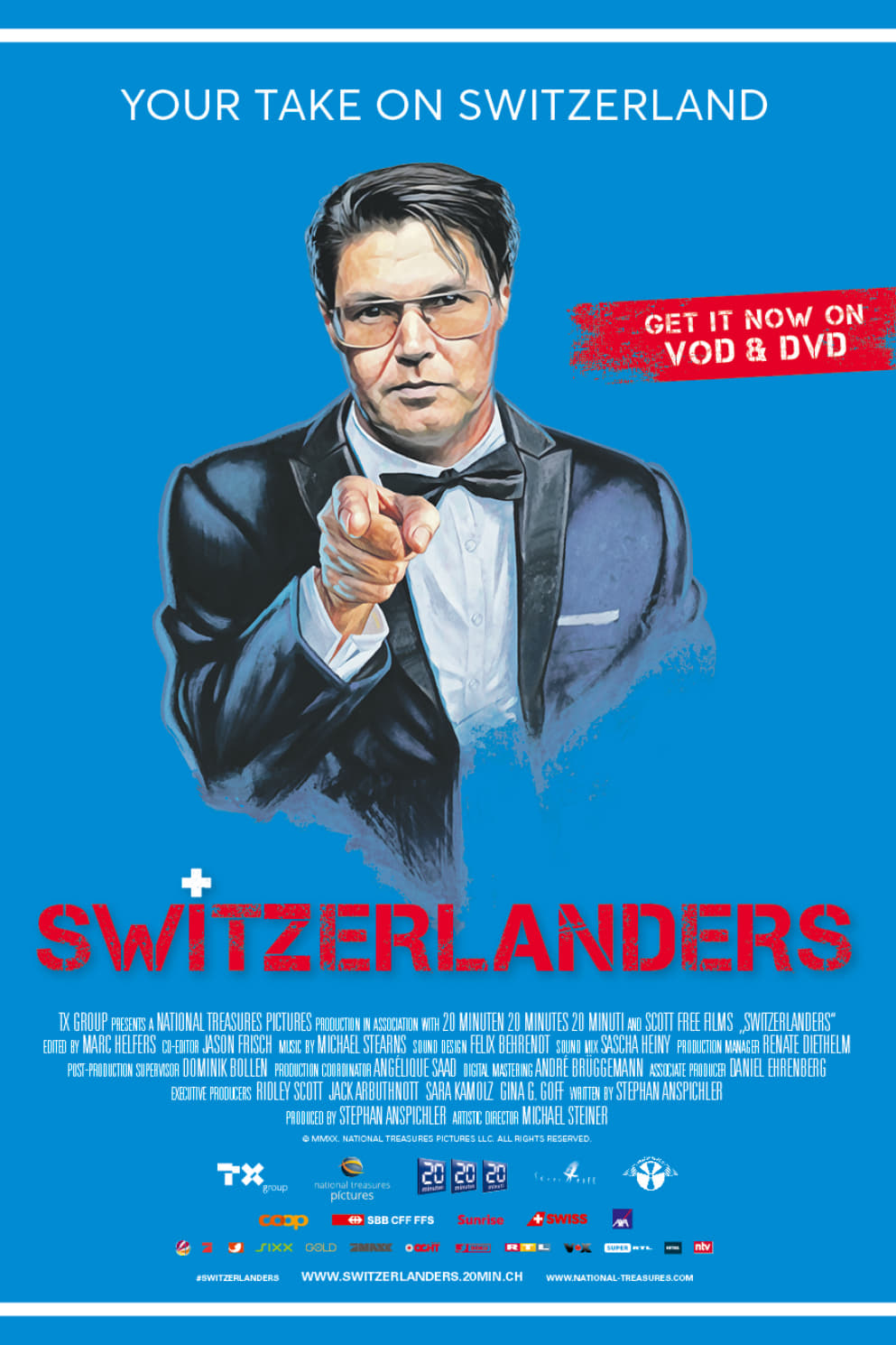Videos & Trailers
1 video
Cast & Crew
11 members
Acting
Ulla Balzer
Herself
No Image
Acting
Jacqueline Berenstein-Wavre
Herself
No Image
Acting
Marie Böhlen
Herself
No Image
Acting
Marianne Frischknecht
Herself
No Image
Acting
Christine Goll
Herself
No Image
Acting
Yvette Jaggi
Herself
No Image
Acting
Ursula Koch
Herself
No Image
Acting
Lilo König
Herself
No Image
Acting
Ellen Meyrat-Schlee
Herself
No Image
Acting
Anneliese Villard-Traber
Herself
No Image
Acting
Rebekka Wild
Herself
No Image
Similar Movies
Recommended Movies

No Recommendations Yet
We're working on finding the perfect movies for you. Check back soon!
More movies coming soon
